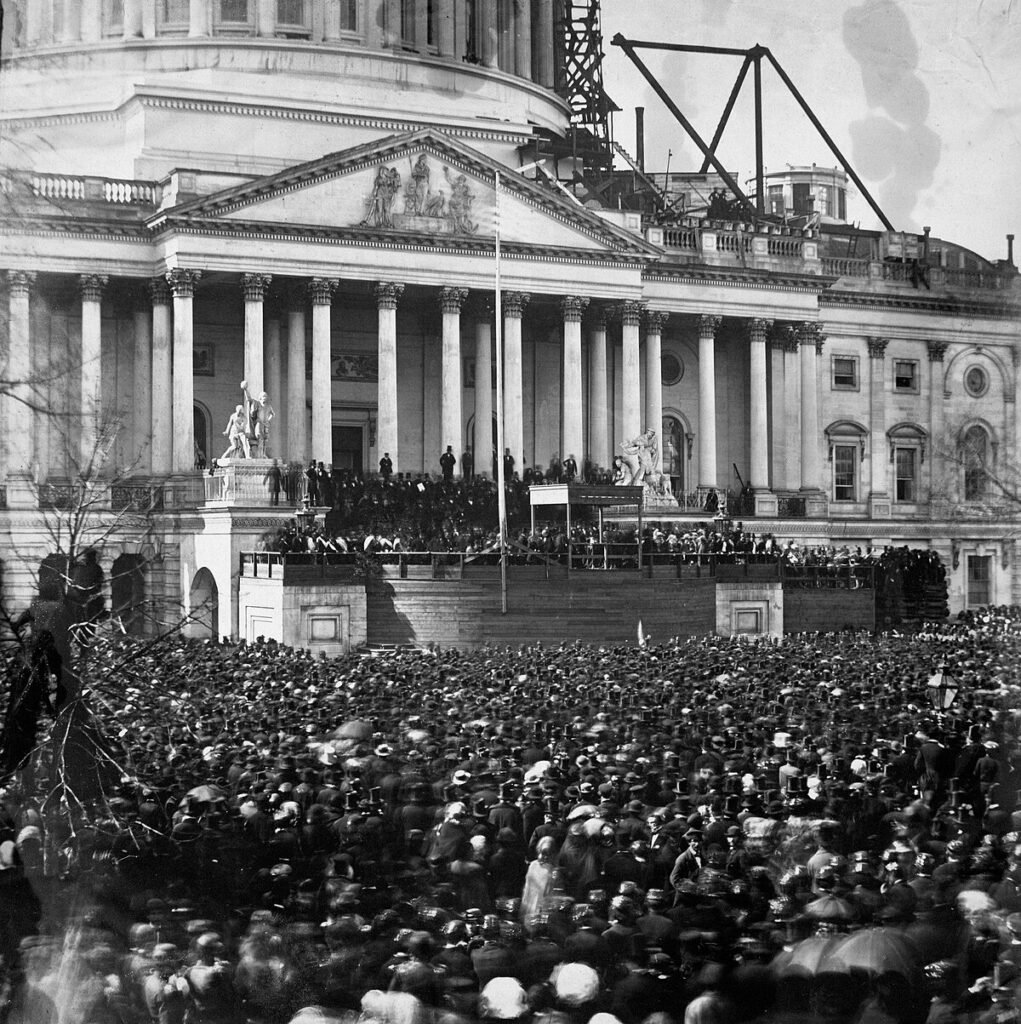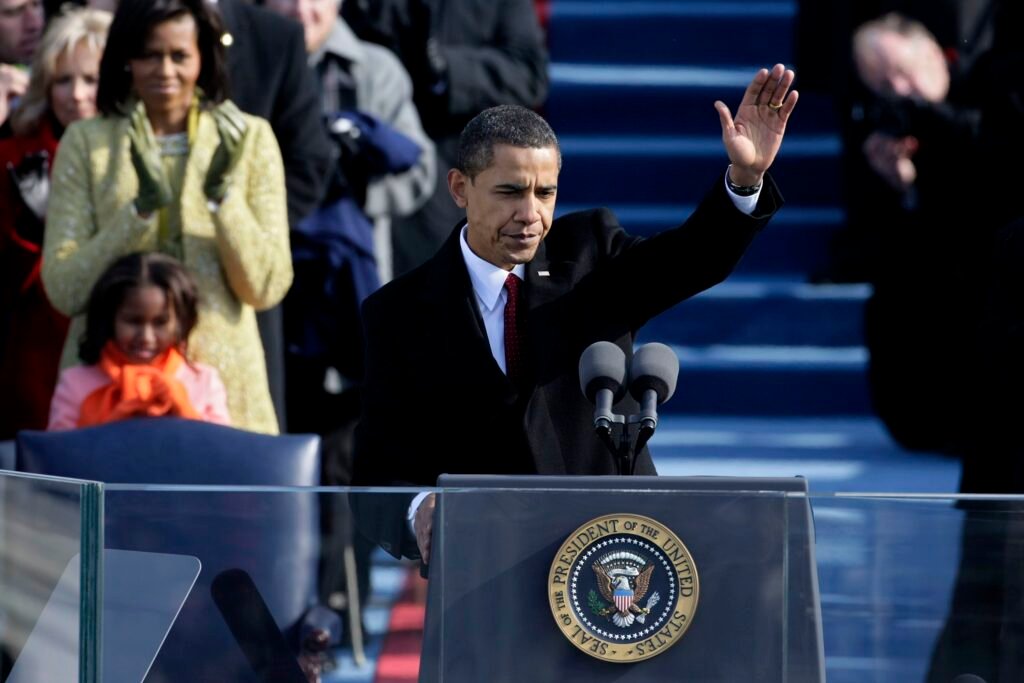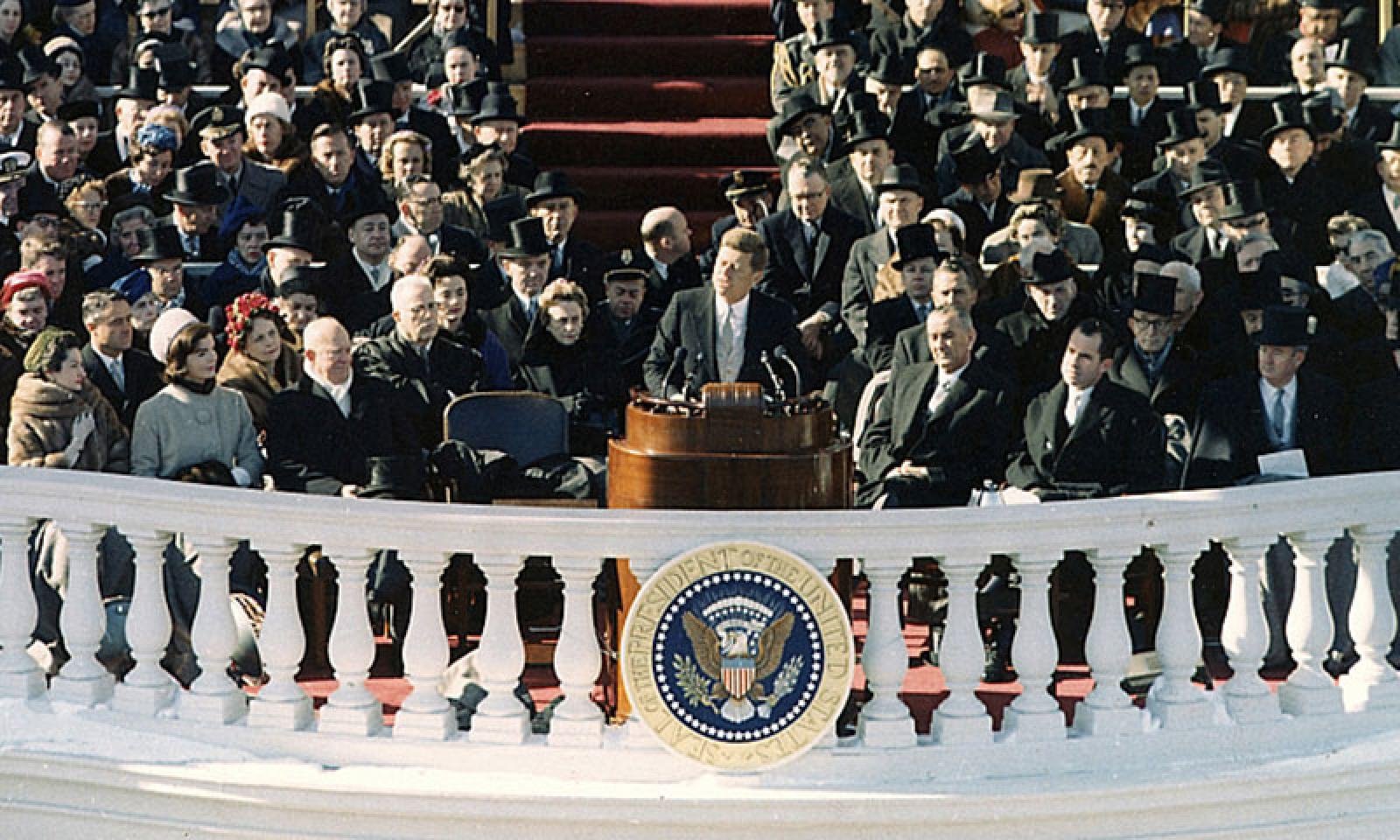Memorable moments in U.S. Presidential inaugurations: the good, the bad, and the unforgettable
U.S. presidential inaugurations have long been a reflection of the nation’s history, culture, and aspirations. Each ceremony is steeped in tradition but often punctuated by moments that are unforgettable—for better or worse.
From soaring speeches to historical milestones, and even mishaps, these moments remind us of the gravity and unpredictability of transitioning power in the world’s oldest democracy.
Here, we remember a few of the most memorable moments from presidential inaugurations, spanning the inspirational, the controversial, and the downright surprising…
- George Washington’s First Inauguration (1789)
The Beginning of It All
George Washington’s inauguration in 1789 was the first of its kind, setting the stage for centuries of democratic tradition. Held in New York City, then the nation’s capital, the ceremony was modest but symbolic. Washington’s oath was administered on a Masonic Bible, as no official Bible was available, a detail that underscores the improvised nature of the early republic.
His humility shone through his speech, which was the shortest inaugural address in history at just 135 words. Washington’s reluctance to accept power remains a model of leadership to this day.
- Abraham Lincoln’s Second Inauguration (1865)
“With Malice Toward None”
Abraham Lincoln’s second inauguration took place during the final days of the Civil War, a moment fraught with tension and hope. His address, now considered one of the greatest speeches in American history, appealed for national unity and reconciliation:
“With malice toward none, with charity for all, with firmness in the right as God gives us to see the right, let us strive on to finish the work we are in, to bind up the nation’s wounds.”
The poignancy of these words was amplified by Lincoln’s assassination just weeks later, making this inauguration a bittersweet chapter in American history.
See also…

- William Henry Harrison’s Tragic Inauguration (1841)
The Long Speech That Cost a Life
William Henry Harrison’s inauguration is remembered less for its content and more for its disastrous consequences. On a cold, wet day in March 1841, Harrison delivered the longest inaugural address in history—over 8,400 words—without wearing a coat or hat.
The exposure led to pneumonia, and Harrison died just 31 days later, marking the shortest presidency in U.S. history. His death underscored the importance of practicality over pomp in the often harsh Washington weather.
- John F. Kennedy’s Inauguration (1961)
A Call to Action
John F. Kennedy’s 1961 inauguration was a defining moment of the 20th century. Against the backdrop of the Cold War, Kennedy delivered an electrifying speech that called Americans to civic duty with his famous words:
“Ask not what your country can do for you—ask what you can do for your country.”
The ceremony also broke barriers, as Kennedy was the first Catholic president, signaling a step toward greater inclusivity in American politics.
- Barack Obama’s First Inauguration (2009)
A Historic Milestone
Barack Obama’s inauguration in 2009 was a moment of profound historical significance, as he became the first Black president of the United States. His message of hope and change resonated with millions, and the National Mall was filled with a diverse crowd of over 1.8 million people—a record-breaking turnout.
Aretha Franklin’s rendition of “My Country, ’Tis of Thee” and the hopeful tone of Obama’s address captured the spirit of the occasion, marking a turning point in America’s ongoing journey toward equality.

- Franklin D. Roosevelt’s First Inauguration (1933)
“The Only Thing We Have to Fear”
When Franklin D. Roosevelt took office during the depths of the Great Depression, the nation was in desperate need of reassurance. His first inaugural address delivered exactly that, with the immortal line:
“The only thing we have to fear is fear itself.”
Roosevelt’s words and subsequent New Deal policies would shape American society for decades, proving the transformative power of leadership in times of crisis.
- Donald Trump’s Inauguration (2017)
A Speech of “American Carnage”
Donald Trump’s inauguration was marked by division and controversy. His address, which referenced “American carnage,” painted a stark picture of the nation’s challenges and broke from the traditional tone of optimism.
The inauguration was also notable for disputes over crowd size and a Women’s March that took place the following day, drawing millions of protesters worldwide. It was a moment that highlighted the polarization of the American electorate.
Read this…
- Joe Biden’s Inauguration (2021)
Healing Amid Crisis
Joe Biden’s inauguration occurred under extraordinary circumstances. Following the January 6 Capitol riots, Washington, D.C., was under heavy security. Biden’s speech emphasized unity and healing, with a plea to move past the divisions that had gripped the nation.
The event was also memorable for its cultural moments, including Amanda Gorman’s stirring poem, “The Hill We Climb,” which captured the spirit of resilience and hope for a nation in recovery.
Why inaugurations matter
Presidential inaugurations are more than ceremonies; they are reflections of their time. Whether inspiring or controversial, these moments shape our collective memory and offer insight into the challenges and aspirations of each era.
As history unfolds, inaugurations will continue to serve as milestones—not just for presidents, but for the people they serve. From Washington to Biden, the pomp and circumstance, coupled with the unpredictability of history, ensure that these events remain indelibly etched in our cultural consciousness.
Read more…
Get fresh content delivered to you
Sign up to our newsletter and receive our latest updates and exclusive content. No spam, one e-mail per week, maximum!







